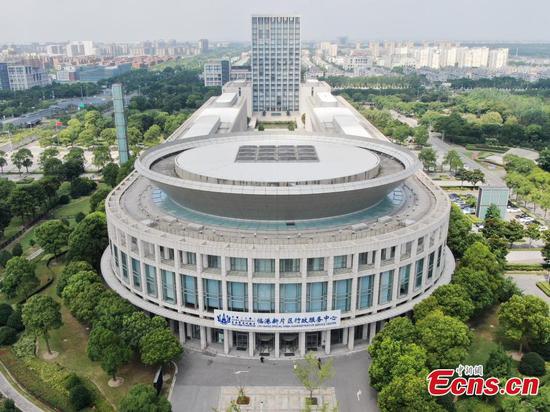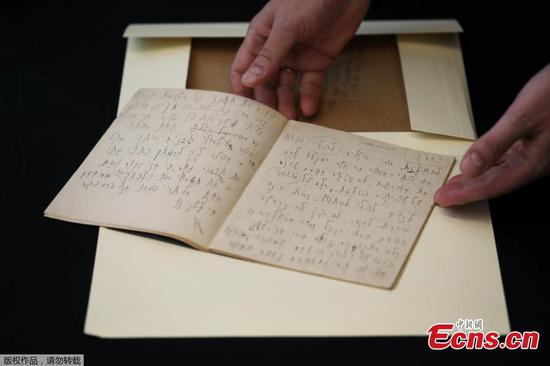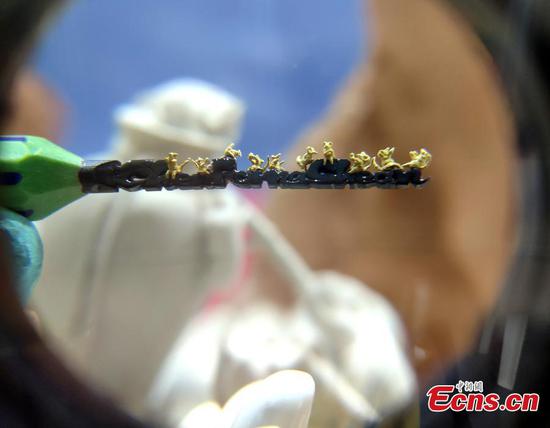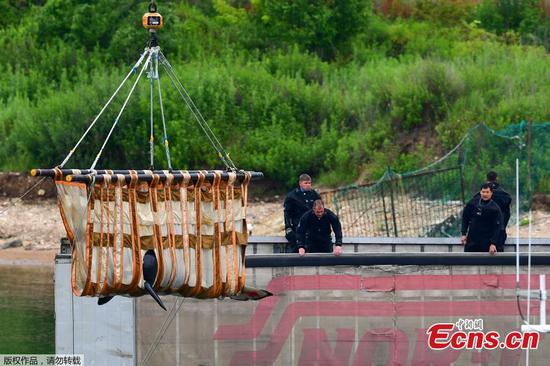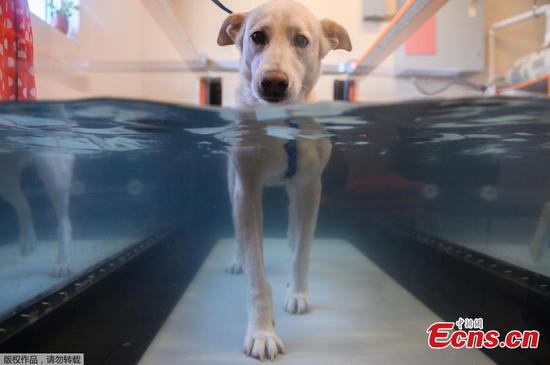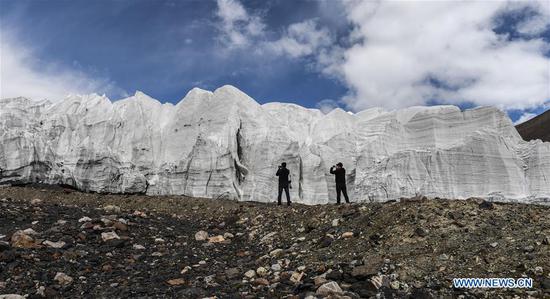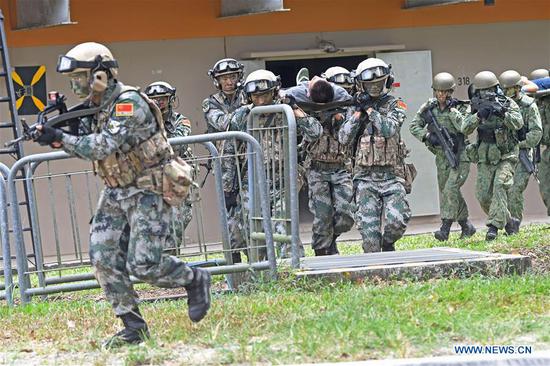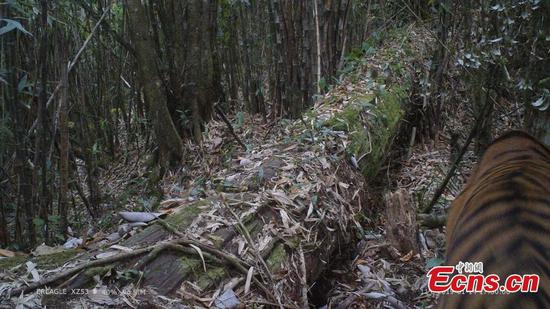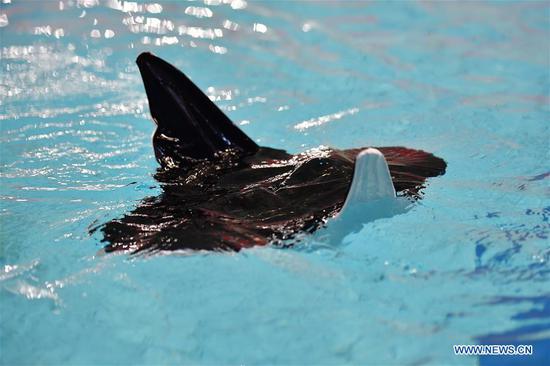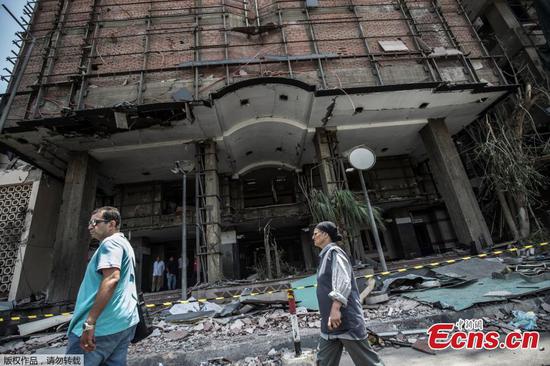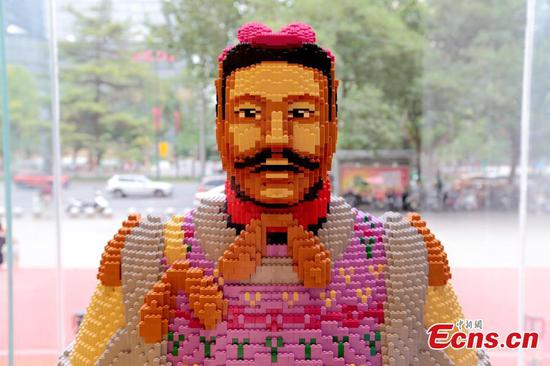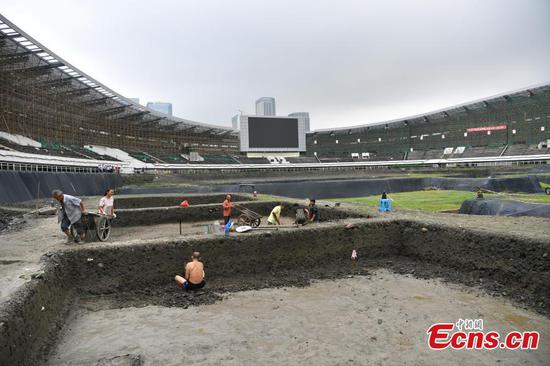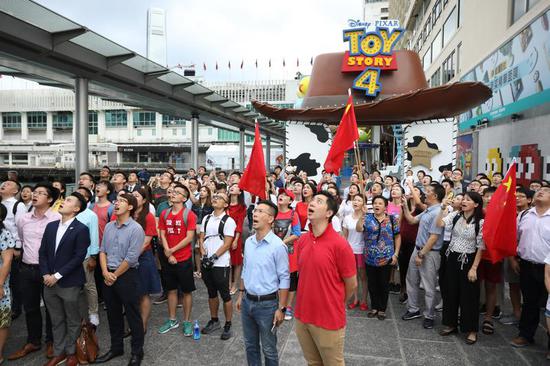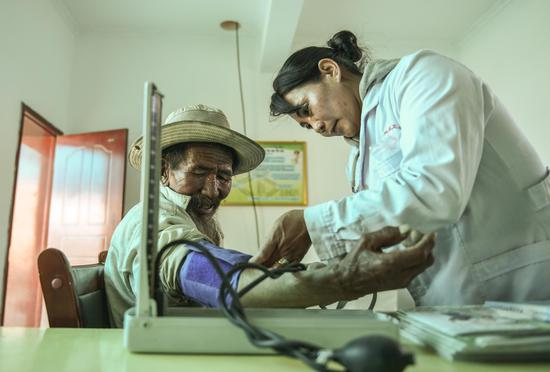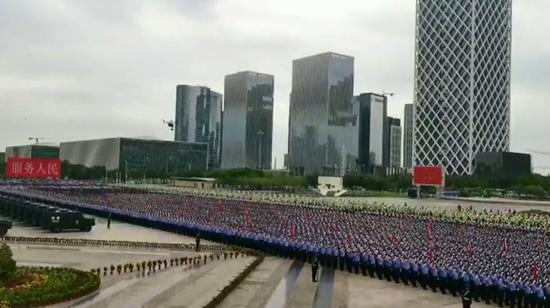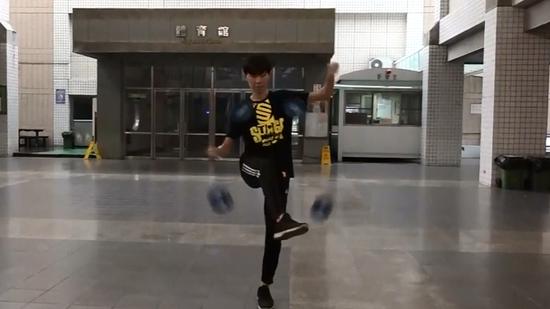Christensen's brutal actions make finding Zhang's remains impossible
The family of Zhang Yingying, the murdered Chinese scholar in Illinois, held a media conference on Wednesday, local time, revealing the details of how the murderer disposed of Zhang's body, Chinese news website thepaper.cn reported on Thursday.
Zhang's body was put into three garbage bags after being dismembered. After two compressions and transfers, the size of Zhang's remains could be too small to find, according to Steve Beckett, attorney of Zhang's family.
The information is from the statements Christensen made to federal prosecutors under an immunity agreement in November 2018, which offers the first legitimate information on Zhang's possible location since she was last seen alive in June 2017, reported local media in Chicago.
Christensen claimed that he put Zhang's body parts into three garbage bags after he murdered her, and dumped the bags into the dustbin outside his apartment.
On June 12, the garbage outside Christensen's apartment was transferred to a privately owned waste landfill. During this period, the garbage in the dustbin was compacted at least twice, which made the size of Zhang's remains as small as the size of a cellphone at the dump site, which is half the size of a football pitch. Another nine meters of waste was then placed above it. The search for Zhang's remains has not yet begun, according to the press conference.
Christensen told his attorney that on June 9, 2019, he put Zhang's body parts into three garbage bags after he murdered her. On the second day (June 10, 2017,) he put Zhang's clothes, backpack, cellphone, books and other personal belongings into a suitcase along with the cleaning tools he used to clean the crime scene. Then he dumped the contents of the suitcase into different dustbins before throwing the suitcase into another dustbin while driving around the areas from Champaign to Urbana.
Zhang's family was told that the waste outside Christensen's apartment was first transferred on June 12 to a private landfill in Danville, Illinois, after being compacted at least twice.
"It is evident that any attempt to recover Yingying's remains would be complicated and expensive, would require government oversight and the cooperation of the landfill owners, and would have no certainty of success," Beckett said.
Beckett and Wang Zhidong, another attorney for Zhang's family, believe that the most deliberative approach would be to let the authorities handle and launch the search project when it is feasible.
According to the press conference, the U.S. federal authorities are considering an attempt to recover Zhang's remains.
Wang said that the above information provided by Christensen still cannot be verified as Christensen had lied many times before.
Christensen had offered to tell prosecutors what he did with Zhang's remains as early as 2017, seeking a plea deal that would have spared him from the federal death penalty. But prosecutors rejected that offer, according to local media in Chicago.
"We condemn his brutal and malicious actions and we hope that he suffers the rest of his life as he made Yingying suffer in the final moments of her life," said Zhang's father.










